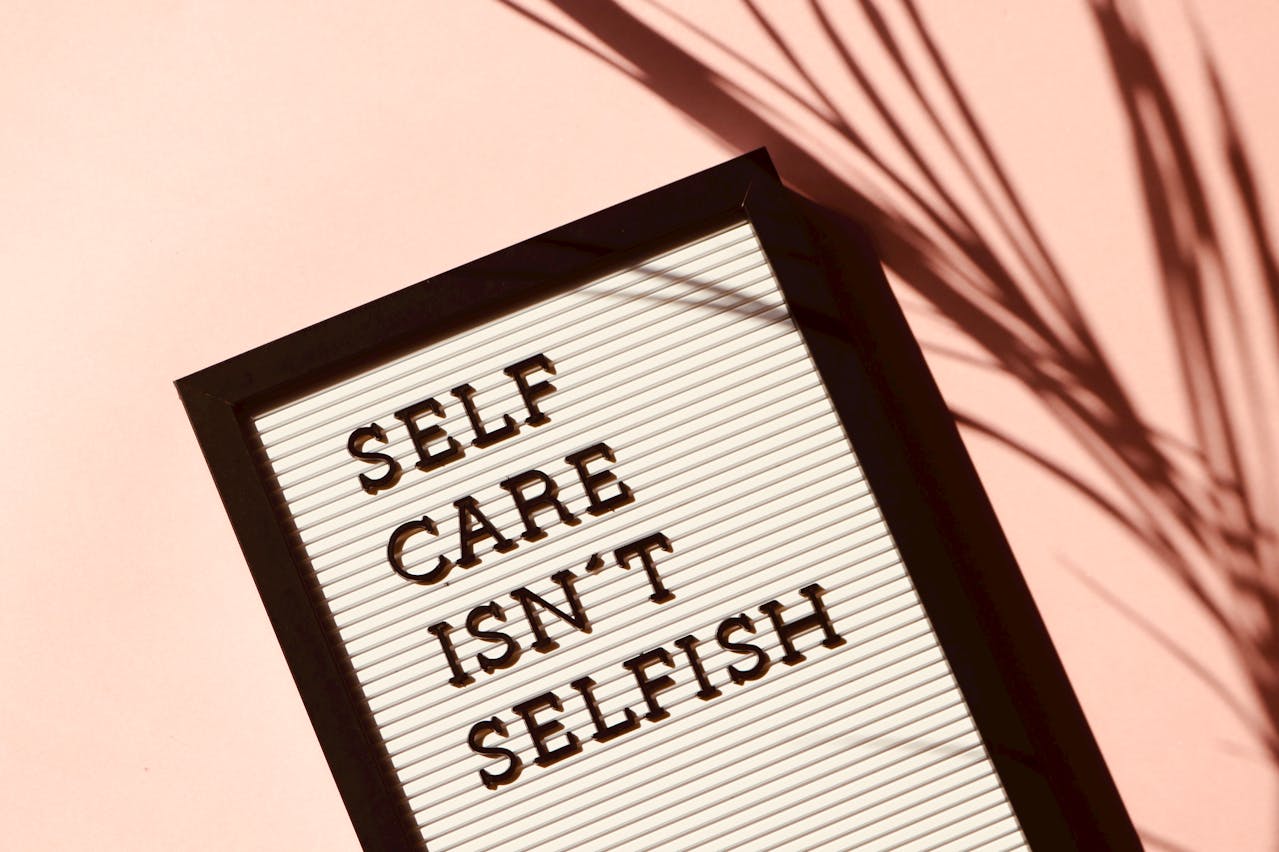Self-care serves as a guiding light—a beacon of hope and resilience amidst life’s challenges and uncertainties.
In this article, we’ll explore five practical self-care strategies to support your recovery journey, nurturing your body, mind, and soul with intention and compassion.
- Prioritize Rest
Rest is the cornerstone of physical and emotional healing, providing a vital foundation for recovery and renewal.
To prioritize rest, establish a soothing bedtime routine that signals to your body that it’s time to unwind and prepare for sleep.
Create a calming sleep environment by dimming lights, reducing noise, and optimizing comfort.
Consider incorporating relaxation techniques such as deep breathing, progressive muscle relaxation, or guided imagery to promote restful sleep and alleviate stress.
- Nourish Your Body
Nourishing your body with nutritious foods is essential for supporting recovery and vitality.
Aim for a balanced diet rich in fruits, vegetables, whole grains, and lean proteins to provide your body with essential nutrients and energy.
Stay hydrated by drinking plenty of water throughout the day, and limit your intake of processed foods, sugary beverages, and caffeine.
Pay attention to your body’s hunger and fullness cues, and practice mindful eating to cultivate a healthy relationship with food.
- Move Your Body
Engaging in gentle movement and exercise is key to supporting physical and mental well-being during recovery.
Find activities that nourish your body and spirit, whether it’s a leisurely walk in nature, a restorative yoga practice, or a tai chi session.
Listen to your body and choose activities that feel enjoyable and sustainable, focusing on gentle movements that promote relaxation and stress relief.
Regular exercise not only strengthens your body but also boosts mood, improves sleep, and enhances overall well-being.
- Practice Mindfulness
Cultivating present-moment awareness through mindfulness practices can help reduce stress, promote relaxation, and enhance overall well-being during recovery.
Incorporate mindfulness into your daily routine by setting aside time for meditation, deep breathing exercises, or body scans.
Pay attention to your thoughts, feelings, and sensations without judgment, allowing yourself to fully experience the present moment.
As you cultivate mindfulness, you’ll develop greater resilience and inner peace, enabling you to navigate challenges with grace and equanimity.
- Set Boundaries
Establishing healthy boundaries is essential for protecting your time, energy, and emotional well-being during recovery.
Learn to say no to activities or commitments that drain your resources and prioritize activities that bring you joy and fulfillment.
Communicate your needs and boundaries clearly and assertively, and don’t hesitate to seek support or assistance when needed.
By setting healthy boundaries, you empower yourself to honor your needs and cultivate a sense of balance and self-respect in your life.
Seek Support
Finally, remember that you don’t have to navigate the recovery journey alone.
Reach out to trusted friends, family members, or professionals for support and guidance.
Don’t hesitate to ask for help when needed, and lean on your support network for encouragement, validation, and understanding.
Whether it’s a listening ear, a comforting hug, or professional guidance, seeking support can provide you with the strength and resilience you need to overcome challenges and thrive on your recovery journey.
Incorporating these practical self-care strategies into your recovery journey can help nurture your body, mind, and soul with compassion and intention.
Prioritize rest, nourish your body, move with intention, practice mindfulness, set boundaries, and seek support as needed.
Remember that self-care is not selfish—it’s an essential act of self-love and compassion that enables you to show up fully in your life and thrive amidst life’s challenges and uncertainties.
